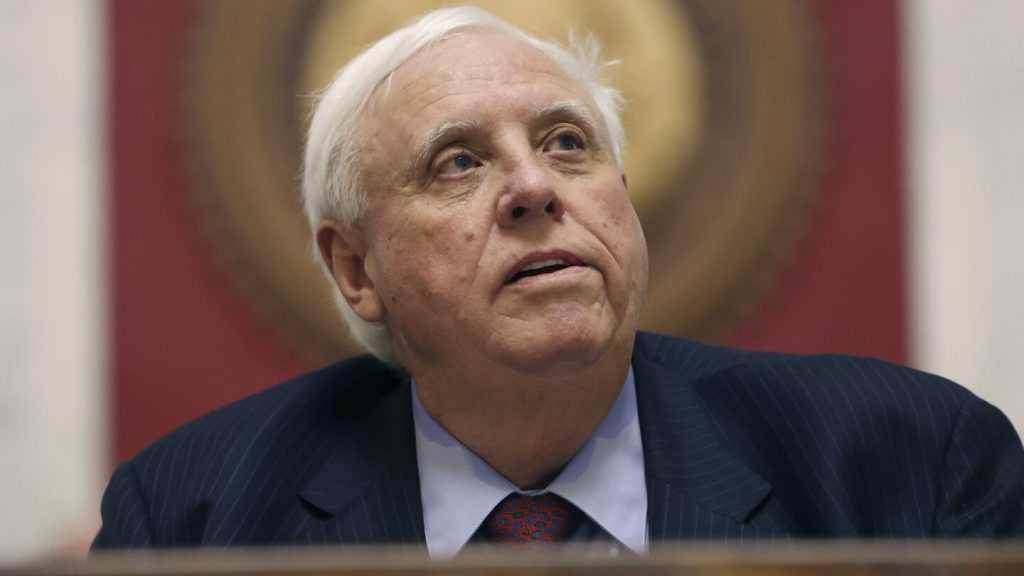Republican Governor Jim Justice of West Virginia recently vetoed a bill that would have loosened the state’s strict school vaccination policies, despite receiving majority support from the GOP-controlled Legislature. The bill would have expanded exemptions for students who don’t attend traditional public schools or participate in extracurricular activities like sports. However, Governor Justice emphasized the importance of protecting children from preventable diseases and deferred to the advice of medical professionals who opposed the legislation. He faced pressure from health care leaders, educators, and parents to veto the bill, ultimately making the decision on the last day before the bill would have become law without his signature.
The bill’s provisions would have allowed private and parochial schools in West Virginia to establish their own vaccination policies, exempting students from state requirements. Virtual public school students would also have been exempt, although students participating in competitive activities like sports would still have needed to be vaccinated. Despite receiving support from the Legislature, the bill faced opposition from various organizations, including teachers unions, the West Virginia Hospital Association, and the West Virginia Medical Association. Dr. Clay Marsh, a prominent health expert in the state, urged Governor Justice to reject the bill, citing concerns about the potential consequences of weakening vaccination requirements.
Governor Justice’s decision to veto the bill was praised by state health care leaders who commended his pro-vaccine stance during the COVID-19 pandemic. Justice’s early adoption of the COVID-19 vaccine and his commitment to public health were highlighted as reasons for his veto. Health officials in the state expressed worries about the impact of the legislation on child safety and disease prevention, emphasizing the importance of vaccination in protecting children from infectious diseases like measles. West Virginia’s current law mandates vaccines for various diseases but does not require COVID-19 vaccinations, and the state’s strict vaccination policy has served as a model for other states seeking to strengthen their immunization requirements.
Despite increased support for vaccination mandates among health care professionals, there has been a growing pushback from some parents in West Virginia who advocate for more freedom in deciding their children’s vaccination status. Critics of the state’s compulsory vaccination policy argue that it infringes on informed consent and ethical medical practices. Dr. Alvin Moss, a supporter of the bill, highlighted that a growing number of parents in the state are seeking more autonomy in vaccine decisions for their children. While the bill initially sought to eliminate vaccine requirements for virtual public school students, it was expanded to include provisions for private schools and extracurricular activities before being vetoed by Governor Justice.
The debate over West Virginia’s vaccination policy reflects broader tensions between public health interests and individual freedoms. While public health officials and medical experts stress the importance of vaccination in preventing outbreaks and protecting children from diseases, some parents argue for the right to make personal decisions about their children’s health. Governor Justice’s veto of the bill signifies a commitment to prioritizing child safety and public health in the state, aligning with the recommendations of health care leaders and experts. The ongoing conversation around vaccination requirements in West Virginia highlights the balancing act between individual rights and public health needs in addressing infectious diseases and protecting vulnerable populations like children.


